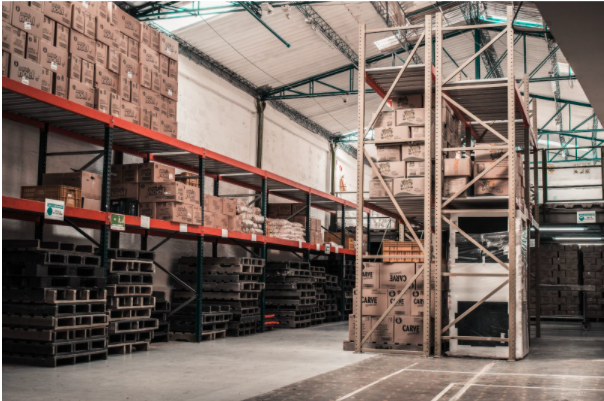Wholesaling is a rising trend in eCommerce and brick-and-mortar retail that is gaining popularity because it is a fun, competitive, and financially beneficial way of sourcing products for your business. At first glance, it may appear that buying raw items, repacking them, and reselling is all that is required, but there is a lot more to purchasing wholesale items than this. To understand how wholesaling works, we need to start with the basics and define what exactly wholesaling is.
Wholesaling is the act of distributing a vast quantity of products and items for others to sell, where the wholesaler acts as a go-between for the manufacturer and the retail business. Wholesalers buy vast amounts of items and sell them to retailers or other companies, who then sell them to end customers via their eCommerce shops or physical stores. While manufacturers and retailers are the most prevalent types of wholesalers, a rising number of wholesalers also sell to other wholesalers.
To help you comprehend the whole process, we created this article that describes how wholesaling works step by step.
How Does Wholesaling Work?
Wholesalers buy goods from manufacturers and suppliers worldwide and then resell them to companies, traders, and retailers who offer their services and commodities to the general public. As a result, wholesalers can purchase the product at a far lower price than a small business, store, or general consumer would be able to, and may even create tight connections or partnerships with suppliers by acquiring vast amounts of stock from the manufacturer.
For illustration, a small company that buys 100 headphones each month to sell in its store may have to spend $15 per pair if purchased straight from the manufacturer. However, the retail store gets only $3 per unit if the headphones are sold for $18. On the other hand, a wholesaler who purchases 20,000 headphones each month from the same supplier may negotiate a better price of $6 per headphone. If the wholesaler sells the headphones to the retailers for $10, it profits $4 on the sale, but so does the retailer who sells the identical headphones to a customer for $14.
When the stock is in the hands of a wholesaler, such as Go Wholesale, companies, traders, merchants, and investors may register with their company information and acquire stock at wholesale pricing. Because the wholesaler obtained the product at a far lower cost than the retail price, companies might earn a significant profit in terms of cost per piece.
Wholesalers rarely deal with individuals and households because licensed distributors have warehouses to hold and store their inventory and distribute to shops and enterprises. After registering and establishing a relationship between the trader and the wholesaler, significant volumes of merchandise are obtained and delivered out. In addition, traders and corporations would often buy large volumes of stock to resell or utilize in a financially successful manner.

Why Should You Go With Wholesale Deals?
It is exceedingly rare that you can acquire stock directly from a manufacturer as a company owner or retailer. Getting the supply via a wholesaler is the most financially viable choice for most enterprises and shops. As previously stated, manufacturers sell to wholesalers at lower costs because wholesalers acquire more significant amounts of stock, resulting in a lower price per unit than if a retailer attempted to purchase items.
As a result, if your company needs more significant quantities of reconditioned electronics, toys, apparel, or else, you can turn to a reputable wholesale marketplace, and you will be stocked up at the most outstanding available pricing, which you can pass on to customers.
Key Benefits Of Wholesale Deals
The most significant advantage of doing business with a wholesaler is that it decreases the cost of conducting business. Buying in bulk allows you to take advantage of reduced pricing, which often results in either generating more money per product, decreasing your prices, and undercutting your competitors, or a combination of the two.
Another key benefit of working with wholesalers is that they already have an established and strong network of suppliers and manufacturers, translating onto your business. Last but not least, wholesalers may provide retailers with information such as market details and analysis, goods, and information about their competitors.
Final Words
Wholesalers now play a significant role in marketing and retail, growing substantially during the previous few decades. They are an essential element of the US economy and economies worldwide because they transport items from producers to consumers. Although they are often less well-known than prominent brands and retailers, they play an essential part in the market industry structure.




